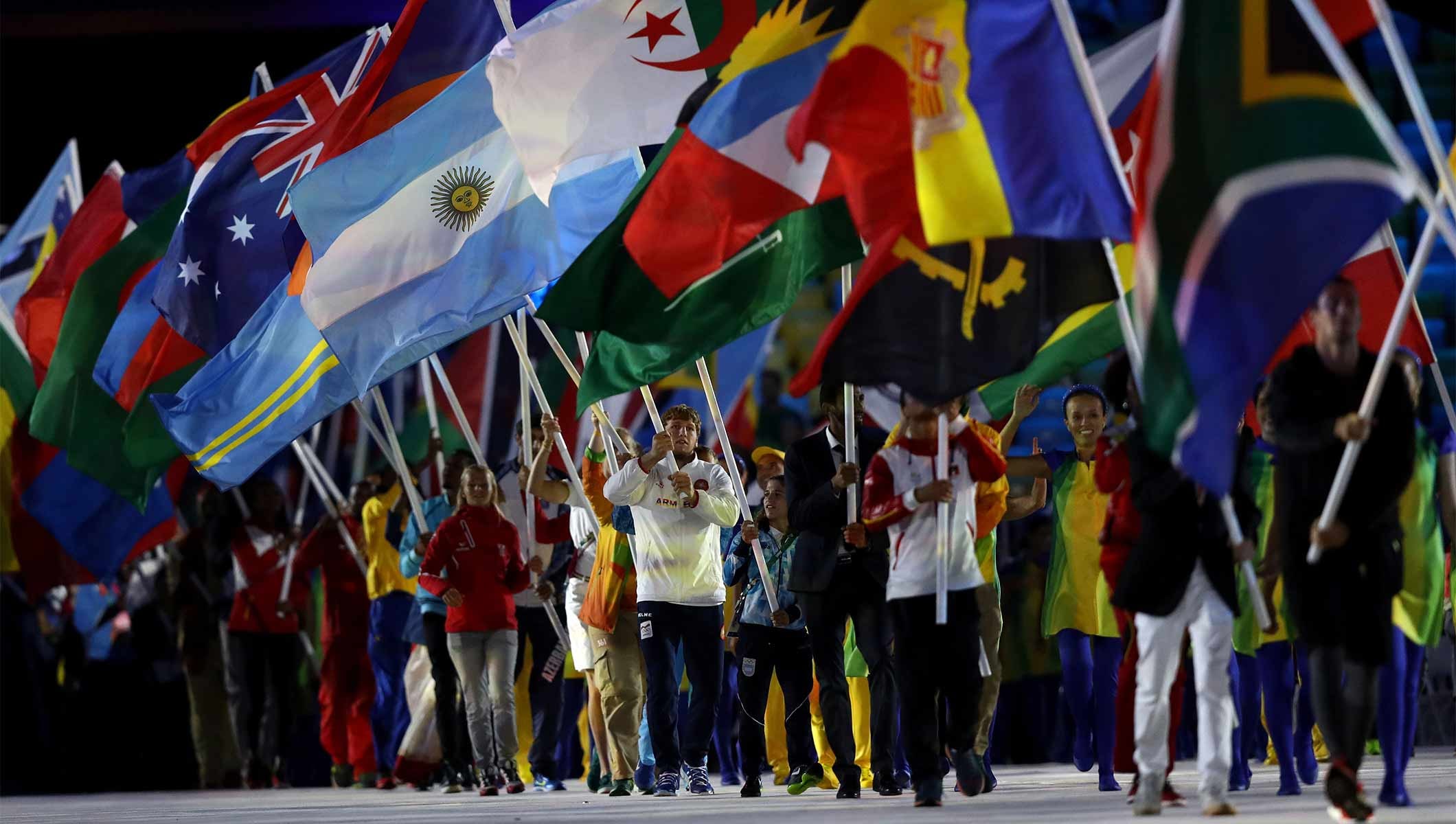1. Uniting Nations:
- Sports offer a neutral platform for countries with political differences to come together and compete in a spirit of fair play. International sporting events like the Olympics and the FIFA World Cup bring together nations from all over the world.
2. People-to-People Connections:
- Sports create people-to-people connections, allowing individuals from different countries to interact and form personal bonds. This can lead to mutual understanding and empathy, helping break down stereotypes and prejudices.
3. Cultural Exchange:
- International sporting events provide opportunities for cultures to exchange ideas, traditions, and experiences. Athletes, coaches, and fans often share their cultural practices, food, and stories, fostering cross-cultural appreciation.
4. Conflict Resolution:
- Sports can serve as a means of conflict resolution and prevention. In some cases, sporting events have been used to ease political tensions between nations, providing a peaceful arena for disagreements to be resolved.
5. Humanitarian Initiatives:
- Many athletes and sports organizations engage in humanitarian efforts and charitable work. This not only addresses social issues but also demonstrates the potential of sports to create positive change.
6. Bridge Building:
- Sports create bridges that connect countries and communities, enabling peaceful dialogue and cooperation. Sporting events often lead to the establishment of formal diplomatic relations and partnerships.
7. Diplomatic Visits:
- International competitions and championships often lead to diplomatic visits and exchanges between nations, providing opportunities for dialogue on political and economic matters.
8. Soft Power:
- Nations often use sports as a form of "soft power" to improve their global image. Success in international competitions can enhance a country's reputation and influence on the world stage.
9. Youth Engagement:
- Sports diplomacy also engages young people, promoting values like teamwork, respect, and fair competition. This can help create a generation of global citizens who prioritize peace and cooperation.
10. Track II Diplomacy:
Case in Point: Ping Pong Diplomacy:
- Perhaps one of the most famous examples of sports diplomacy is "Ping Pong Diplomacy." In the early 1970s, American and Chinese table tennis players engaged in friendly matches, which helped thaw the icy relations between the two countries, eventually leading to the establishment of formal diplomatic ties.
Sports diplomacy has a proven track record of facilitating peace and understanding among nations. It demonstrates the power of a shared passion for sports in transcending political, cultural, and geographical boundaries. By leveraging the unifying force of sports, countries can promote peaceful relations and create a more connected, cooperative world.




Comments (0)